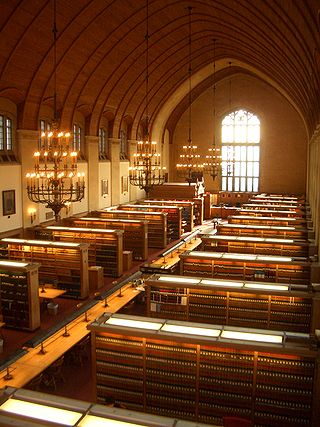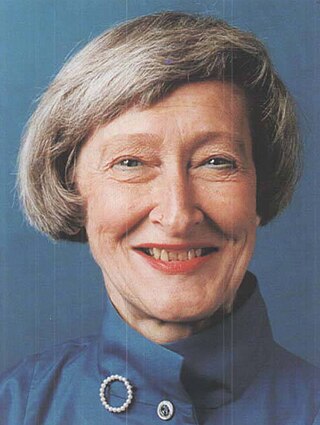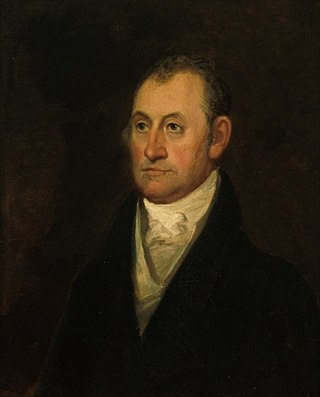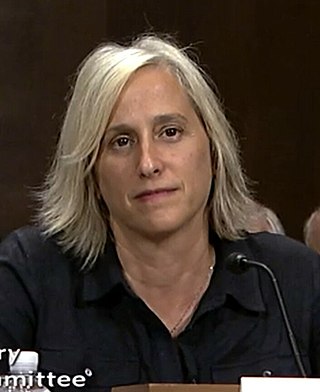Related Research Articles

Land use involves the management and modification of natural environment or wilderness into built environment such as settlements and semi-natural habitats such as arable fields, pastures, and managed woods. Land use by humans has a long history, first emerging more than 10,000 years ago. It has been defined as "the purposes and activities through which people interact with land and terrestrial ecosystems" and as "the total of arrangements, activities, and inputs that people undertake in a certain land type." Land use is one of the most important drivers of global environmental change.

In urban planning, zoning is a method in which a municipality or other tier of government divides land into "zones", each of which has a set of regulations for new development that differs from other zones. Zones may be defined for a single use, they may combine several compatible activities by use, or in the case of form-based zoning, the differing regulations may govern the density, size and shape of allowed buildings whatever their use. The planning rules for each zone determine whether planning permission for a given development may be granted. Zoning may specify a variety of outright and conditional uses of land. It may indicate the size and dimensions of lots that land may be subdivided into, or the form and scale of buildings. These guidelines are set in order to guide urban growth and development.
McCulloch v. Maryland, 17 U.S. 316 (1819), was a landmark U.S. Supreme Court decision that defined the scope of the U.S. Congress's legislative power and how it relates to the powers of American state legislatures. The dispute in McCulloch involved the legality of the national bank and a tax that the state of Maryland imposed on it. In its ruling, the Supreme Court established firstly that the "Necessary and Proper" Clause of the U.S. Constitution gives the U.S. federal government certain implied powers necessary and proper for the exercise of the powers enumerated explicitly in the Constitution, and secondly that the American federal government is supreme over the states, and so states' ability to interfere with the federal government is restricted. Since the legislature has the authority to tax and spend, the court held that it therefore has authority to establish a national bank, as being "necessary and proper" to that end.

Cornell Law School is the law school of Cornell University, a private Ivy League university in Ithaca, New York.

Helen Elizabeth Garrett, commonly known as Elizabeth Garrett or Beth Garrett, was an American professor of law and academic administrator. On July 1, 2015, she became the 13th president of Cornell University—the first woman to serve as president of the university. She died from colon cancer on March 6, 2016, the first Cornell president to die while in office.
In United States constitutional law, the police power is the capacity of the states and the federal government to regulate behavior and enforce order within their territory for the betterment of the health, safety, morals, and general welfare of their inhabitants. Police power is defined in each jurisdiction by the legislative body, which determines the public purposes that need to be served by legislation. Under the Tenth Amendment to the United States Constitution, the powers not delegated to the federal government are reserved to the states or to the people. As a result, the police power is primarily concentrated within state governments, while the federal government possesses it in limited contexts where it has an express power, such as over conduct occurring within the territories of the United States and activities related to interstate commerce.

Dawn Clark Netsch was an American politician and Northwestern University law professor. A member of the Democratic Party, she served in the Illinois State Senate from 1973 to 1991, and as the Illinois Comptroller from 1991 through 1995. In 1994, she was the first woman to be nominated by a major political party to run for Governor of Illinois. In addition to being a professor, she co-authored the legal textbook State and Local Government in a Federal System.
Johnson v. McIntosh, 21 U.S. 543 (1823), also written M‘Intosh, is a landmark decision of the U.S. Supreme Court that held that private citizens could not purchase lands from Native Americans. As the facts were recited by Chief Justice John Marshall, the successor in interest to a private purchase from the Piankeshaw attempted to maintain an action of ejectment against the holder of a federal land patent.
Penn Central Transportation Co. v. New York City, 438 U.S. 104 (1978), was a landmark United States Supreme Court decision on compensation for regulatory takings. Penn Central sued New York City after the New York City Landmark Preservation Commission denied its bid to build a large office building on top of Grand Central Terminal. The Supreme Court ruled in the city's favor.
Ian Ayres is an American lawyer and economist. Ayres is a professor at the Yale Law School and at the Yale School of Management.
MedImmune, Inc. v. Genentech, Inc., 549 U.S. 118 (2007), was a decision by the Supreme Court of the United States involving patent law. It arose from a lawsuit filed by MedImmune which challenged one of the Cabilly patents issued to Genentech. One of the central issues was whether a licensee retained the right to challenge a licensed patent, or whether this right was forfeited upon signing of the license agreement. The case related indirectly to past debate over whether the US should change to a first to file patent system - in 2011, President Obama signed the Leahy-Smith America Invents Act, which shifted the United States to a first-inventor-to-file patent system.

The Fifth Amendment to the United States Constitution creates several constitutional rights, limiting governmental powers focusing on criminal procedures. It was ratified, along with nine other amendments, in 1791 as part of the Bill of Rights.
Valentine v. Chrestensen, 316 U.S. 52 (1942), was a case in which the Supreme Court of the United States ruled that commercial speech in public thoroughfares is not constitutionally protected.

Thomas Todd was an Associate Justice of the Supreme Court of the United States from 1807 to 1826. Raised in the Colony of Virginia, he studied law and later participated in the founding of Kentucky, where he served as a clerk, judge, and justice. He was married twice and had a total of eight children. Todd joined the U.S. Supreme Court in 1807 and his handful of legal opinions there mostly concerned land claims. He was labeled the most insignificant U.S. Supreme Court justice by Frank H. Easterbrook in The Most Insignificant Justice: Further Evidence, 50 U. Chi. L. Rev. 481 (1983).
Stop the Beach Renourishment v. Florida Department of Environmental Protection, 560 U.S. 702 (2010), was a United States Supreme Court case in which the Court held that the Florida Supreme Court did not effect an unconstitutional taking of littoral property owners' rights to future accretions and to contact the water by upholding Florida's beach renourishment program.

Lori Ringhand is Interim Director of the Dean Rusk International Law Center & J. Alton Hosch Professor of Law at the University of Georgia School of Law, where she has also served as the Associate Dean for Academic Affairs and as a Provost's Women Leadership Fellow. A noted expert in constitutional law, election law, and state and local government law, Ringhand's scholarship includes research on the voting patterns and practices of U.S. Supreme Court Justices. In Spring 2019, she served as a US-UK Fulbright Program Distinguished Chair at the University of Aberdeen, Scotland, and delivered a Gresham College Fulbright Lecture at the Museum of London.
William A. Jacobson is an American lawyer, Cornell Law School clinical professor, and conservative blogger.
A bride scam is a form of romance scam - a confidence trick that aims to defraud potential grooms with the offer of a foreign bride. The basis of the confidence trick is to seek men from the western world who would like to marry a foreign woman and pretend to be willing to marry them. The woman (scammer) asks the man to send money, for example, for the purposes of purchasing an airline ticket or a visa they have no intention of buying. The relationship ends after requested money has been wired and received, sometimes after multiple transfers have been made.
Eduardo M. Peñalver is an American legal scholar who has been serving as the 22nd and current president of Seattle University since 2021. He served as the 16th dean of Cornell Law School from 2014 to 2021.
In the United States, eminent domain is the power of a state or the federal government to take private property for public use while requiring just compensation to be given to the original owner. It can be legislatively delegated by the state to municipalities, government subdivisions, or even to private persons or corporations, when they are authorized to exercise the functions of public character.
References
- ↑ E.g., City of Edmonds v. Oxford House, Inc., 514 U.S. 725, 732 (1995), available at https://www.law.cornell.edu/supct/html/94-23.ZO.html; First English Evangelical Lutheran Church of Glendale v. County of Los Angeles, California, 482 U.S. 304, 336 n.13 (1987) (Stevens, J., Dissenting), available at https://www.law.cornell.edu/supct/html/historics/USSC_CR_0482_0304_ZD.html; Robertson v. Methow Valley Citizens, 490 U.S. 332, 352 (1989), available at http://supreme.justia.com/us/490/332/case.html.